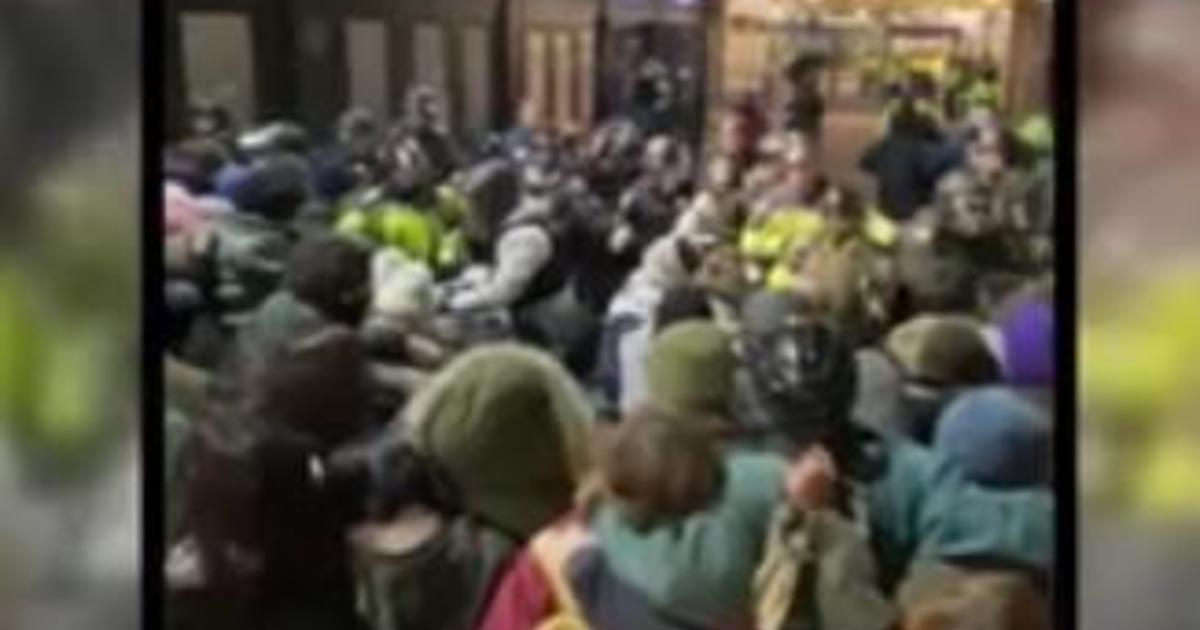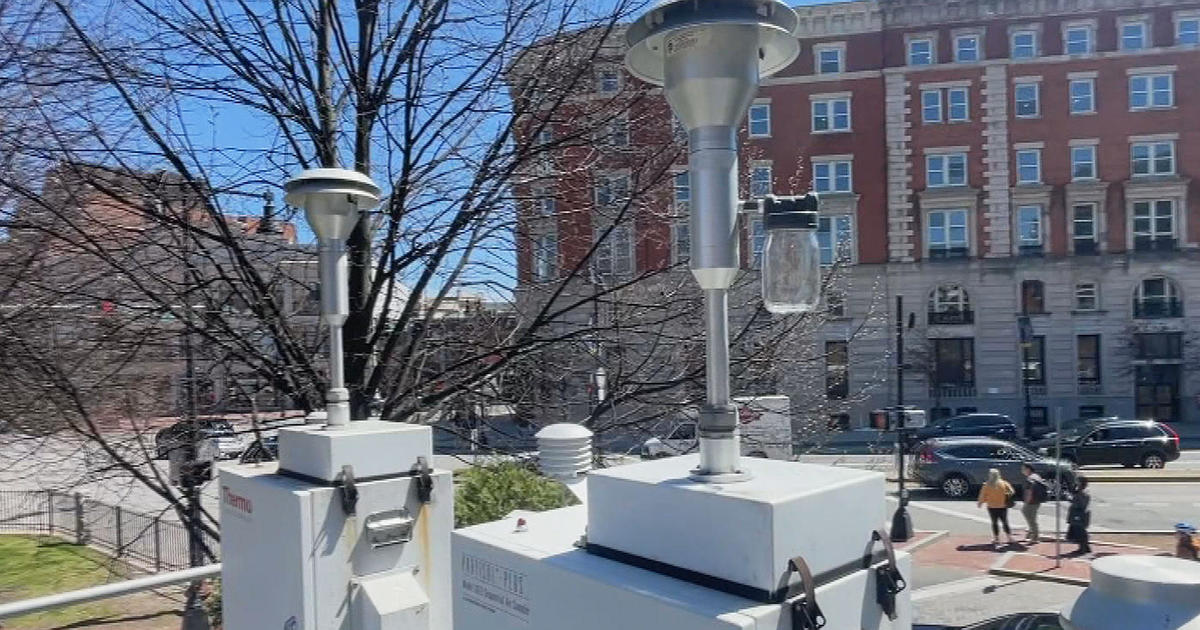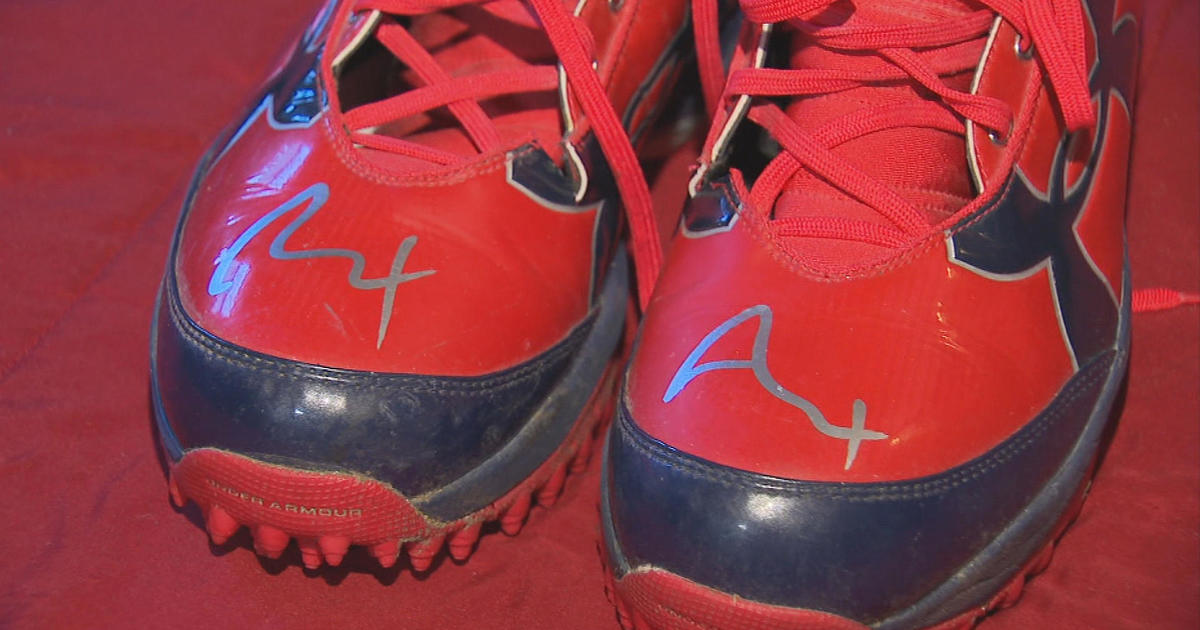Hurricane Plan: How To Stay Safe After A Hurricane
- Listen to WBZ NewsRadio 1030 or watch WBZ-TV for updates.
- If you are evacuated, return home when local authorities tell you it is safe. Officials on the scene are your best source of information on accessible areas and passable roads.
- Don't flip the switch. Once you return home, if your home is flooded, don't turn on the power right away. Have an electrician inspect your home first. You should also have your gas lines inspected – avoid open flames or candles until you do so.
- Photograph any damage to your home and belongings before repairs are made or claims are filed. Protect your property from further damage and keep all receipts for these costs.
- Stay alert for extended rainfall and subsequent flooding. Hurricanes may stall or change direction when they make landfall or they may bring a lot of rain upriver causing additional flood hazards for hours or days after the storm.
- Stay away from flood waters. Drive only if absolutely necessary and avoid flooded roads and washed-out bridges. Never try to walk, swim or drive through flooded streets. Most flood fatalities are caused by people attempting to drive through water or people playing in high water.
- Stay out of the building if water remains around the building. Flood waters often weaken foundations, causing buildings to sink, floors to crack or walls to collapse.
- Avoid loose or dangling power lines. Immediately report them to the power company, police or fire department.
- Avoid drinking or preparing food with tap water until you are certain it is not contaminated. Hurricane-driven flood waters may have contaminated public water supplies or wells. Local officials should advise you on the safety of the water. Undamaged water heaters or melted ice cubes can provide good sources of fresh drinking water.
- Use the telephone only for emergency calls. Telephone lines are frequently overwhelmed in disaster situations. They need to be clear for emergency calls to get through.
- File any claims. Make sure that you immediately file any claims with your insurance company.
- Keep your receipts. Keep all your receipts for what you spend on temporary repairs for insurance reasons and for any living expenses if you are forced to evacuate.
- Remove valuables from damaged cars to protect them from theft.
- Related: Hurricane Plan - During The Storm
- Related: Hurricane Plan - Before The Storm



